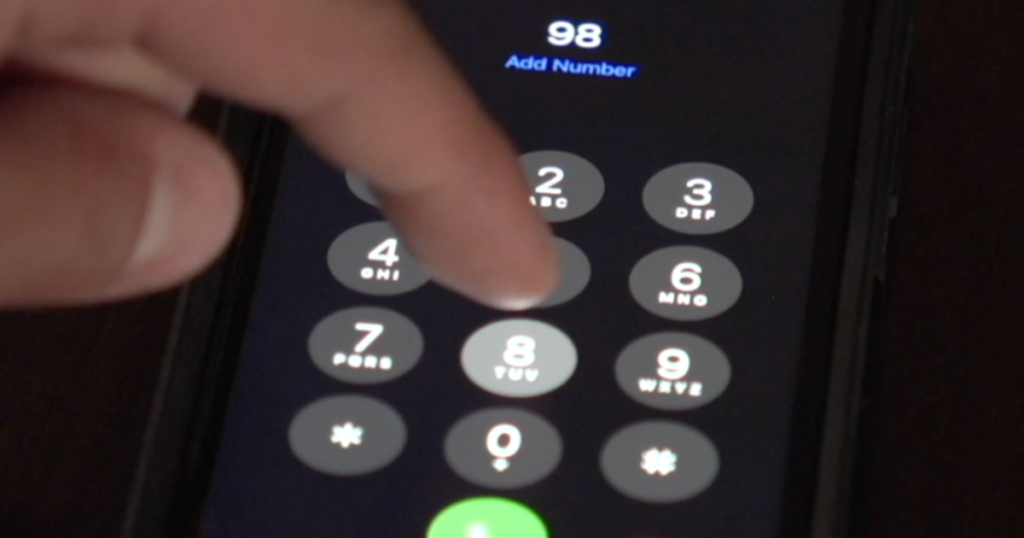PHOENIX — Whether you’re feeling stressed over a political debate, going through a tough breakup, or struggling with dark thoughts, help is just three digits away.
988 Crisis Lifeline is a simple number you can call or text anytime to connect with a trained mental health professional.
However, the person who answers the phone when you call will be closer to where you are calling.
Since its launch, the 988 has been a lifeline for many.
However, until recently, how calls were routed depended on the phone’s area code.
That means if you moved from another state and keep an out-of-state phone number, you’re likely connected to a counselor far away.
“Up until September 17 of this year, all of these calls were routed by area code,” said Angham Sombat of the Arizona Health Care Cost Containment System (AHCCCS). “As you know, in today’s mobile phone era, many of us move from one place to another and carry our phone numbers with us. Even if you are physically standing, it may not actually be your location. ”
Mr Ngamsombat said that since the beginning of 1988, the federal government had been considering changes to the system as it had its shortcomings.
For example, if you were having a mental health crisis and needed direct help, the professional you were consulting with may not have been able to connect you to local resources.
“Maybe your mental health crisis can’t be resolved over the phone and you need someone who can provide face-to-face contact. Not every state has that ability, and here in Arizona, , not all contact centers know that you are consulting with them and have access to their services,” Ngamsombat said.
However, starting September 17th, T-Mobile and Verizon users will be able to use cell phone tower data to estimate a caller’s location, including their physical location and not just their area code. Calls are now routed based on location.
She says more carriers like AT&T will soon switch to the system.
While the technology isn’t perfect, especially along states and borders, Ngamsombat said it’s a big step forward in ensuring callers get the right help when they need it.
“We don’t want to pinpoint the exact location of a person,” Ngamsombat explains. “But in order to direct you to your local center, they are using calls from cell phone towers to get a better idea of where you are.”
She added that having your call routed to a local means the person on the other end is more likely to understand your unique challenges.
“People here in Arizona may be familiar with the challenges that people in crisis may be experiencing,” Gamsonbat said. “They may even understand the system that they’ve been through. It’s not just a resource issue. It’s a community.”
There are benefits to talking to someone who is knowledgeable about local nuances and will make you feel more comfortable. Mr. Ngamsombat continues: “If the person on the other end of the phone lives in your local community and understands rural issues or knows the system here, there’s definitely a connection. Resources matter.”
According to Ngamsombat, the number of people reaching out to the 988 has increased since its launch.
“The volumes continue to increase, showing that people are really reaching out, and we see that 988 is a very easy number to remember,” she said.
If you or someone you know is in crisis, don’t hesitate to call or text 988 at any time.
For more information about mental health resources available in Arizona, visit the 988 Suicide & Crisis Lifeline.



